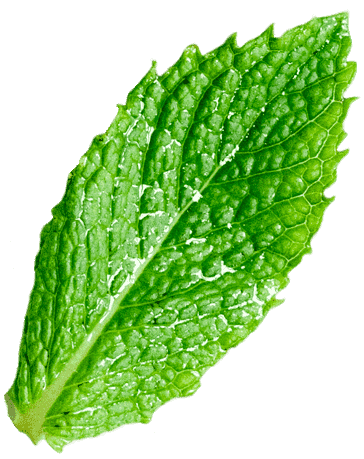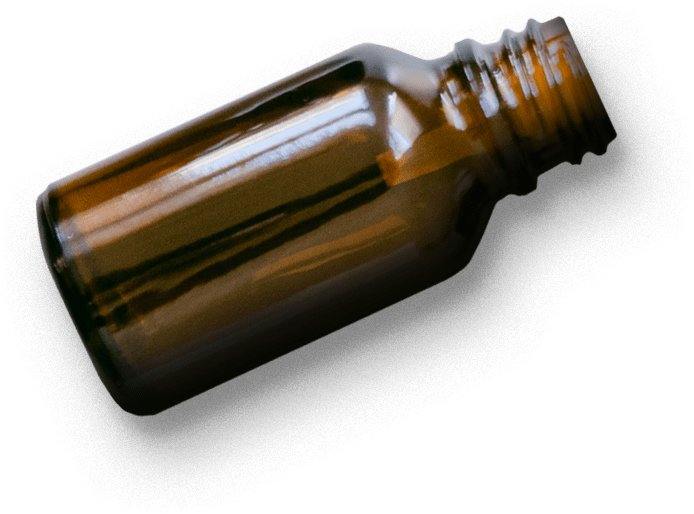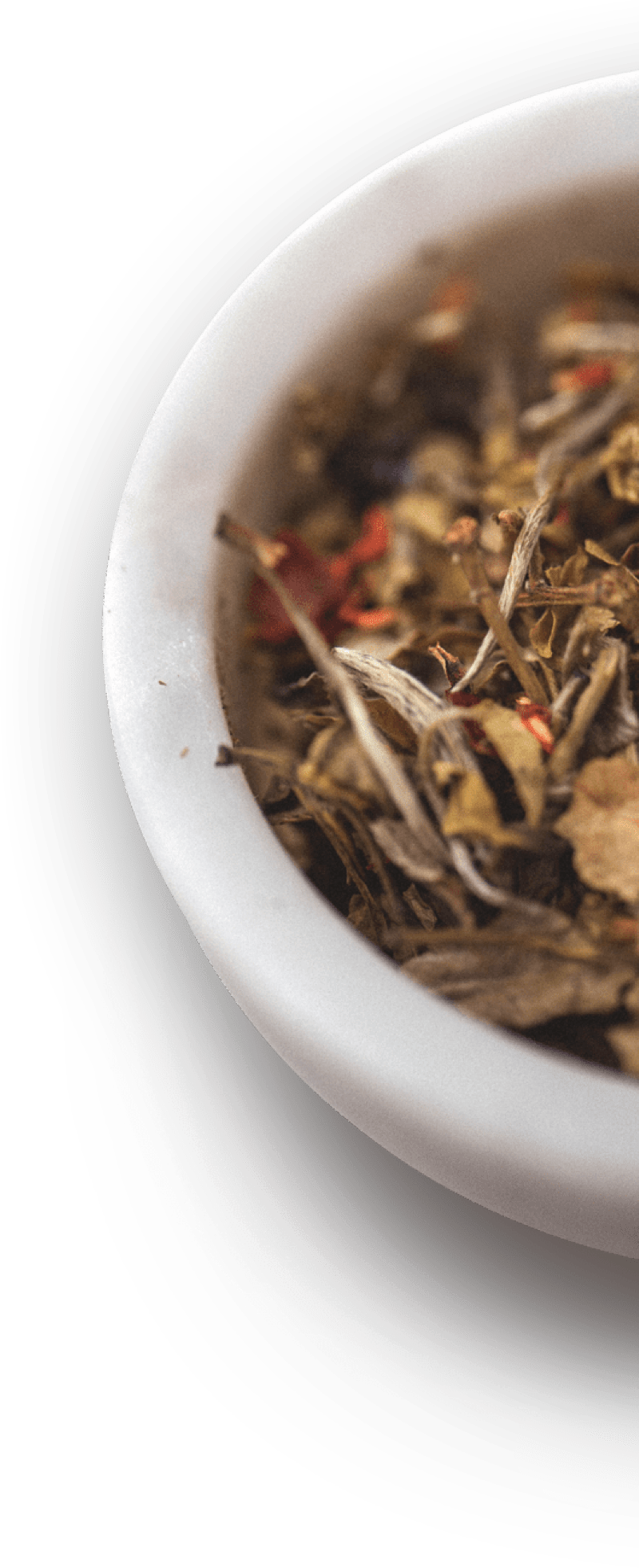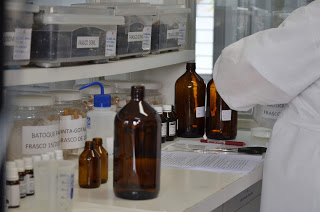
Natural killer cells (NK cells) are a type of lymphocyte (LGL -Large Granular Lymphocyte) and a component of the innate immune system. NK cells are activated in response to interferons or macrophage-derived cytokines.
In the host innate immunity, NK cells are key effector cells and can rapidly destroy virus-infected cells during the acute infection, limiting viral replication and transmission. Evasion of host innate immune defenses, including natural killer (NK) cells, is important for the virus’s success as a pathogen of humans and other animals.
Natural killer (NK) cells are innate immune effector cells. Their derivation from either lymphoid or myeloid lineages was debated early in their discovery. Researches showed that NK cells can be derived from common lymphoid progenitors and some studies have shown that progenitors expressing myeloid antigens can also develop into NK cells.

However, alternative views have been proposed, including the existence of a common myeloid-lymphoid progenitor and this process depending on which cytokines are they exposed. The notion that myeloid precursors previously known to give rise to monocyte/macrophage and Dendritic Cells (DCs)are also capable of NK-cell differentiation puts the recent findings in a new therapeutic perspective.
NK cells are unique since they have the ability to recognize stressed cells in the absence of antibodies and MHC, allowing for a much faster immune reaction. So, NK cells, as part of the innate immune system, play a key role in host defense against viral infections and tumor cells.
Endorphins and enkephalins, small peptides, are produced by the central nervous system, by the pituitary gland (hypophysis) and by cells in the adrenal medulla, intended to mean a morphine-like substance originating from the body itself. They have potent painkilling effects leading to analgesia and behavioral changes, producing states of euphoria.
One of the important effects of these molecules is the activation of NK cells, increasing the vigilance of these cells against cells altered by infection or neoplasia. Laughter may reduce stress and improve NK cell activity. As low NK cell activity is linked to decreased disease resistance and increased morbidity in persons with cancer and virus diseases, laughter may be a useful cognitive-behavioral intervention (Altern Ther Health Med. 2003;9(2):38-45).

Many people that are taking or had taken M8 related they became better aware of the side effects of chemotherapy, increased their well-being, decreased pain, etc. In one of our doctoral theses, it was seen that the homeopathic complex increased the differentiation of NK cells, besides also increased their activation.
These two facts strongly suggest a link between endorphins and activated NK, and this could explain the good results found with this medicine in several diseases. Without side effects, using inexpensive homeopathic products, the modulation of the immune system maintaining the homeostasis, is the key to well-being.
Dorly de Freitas Buchi












